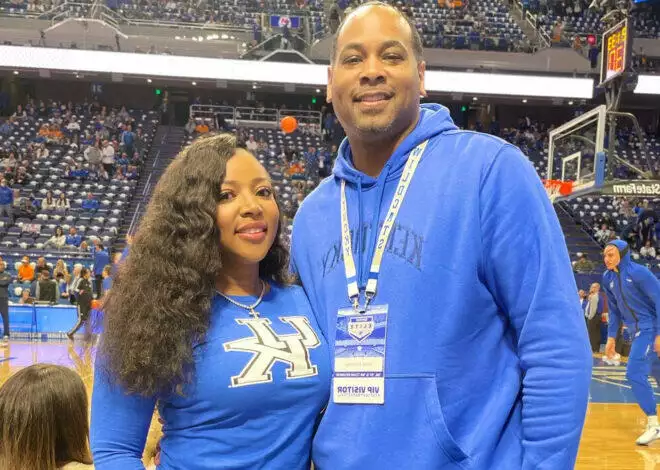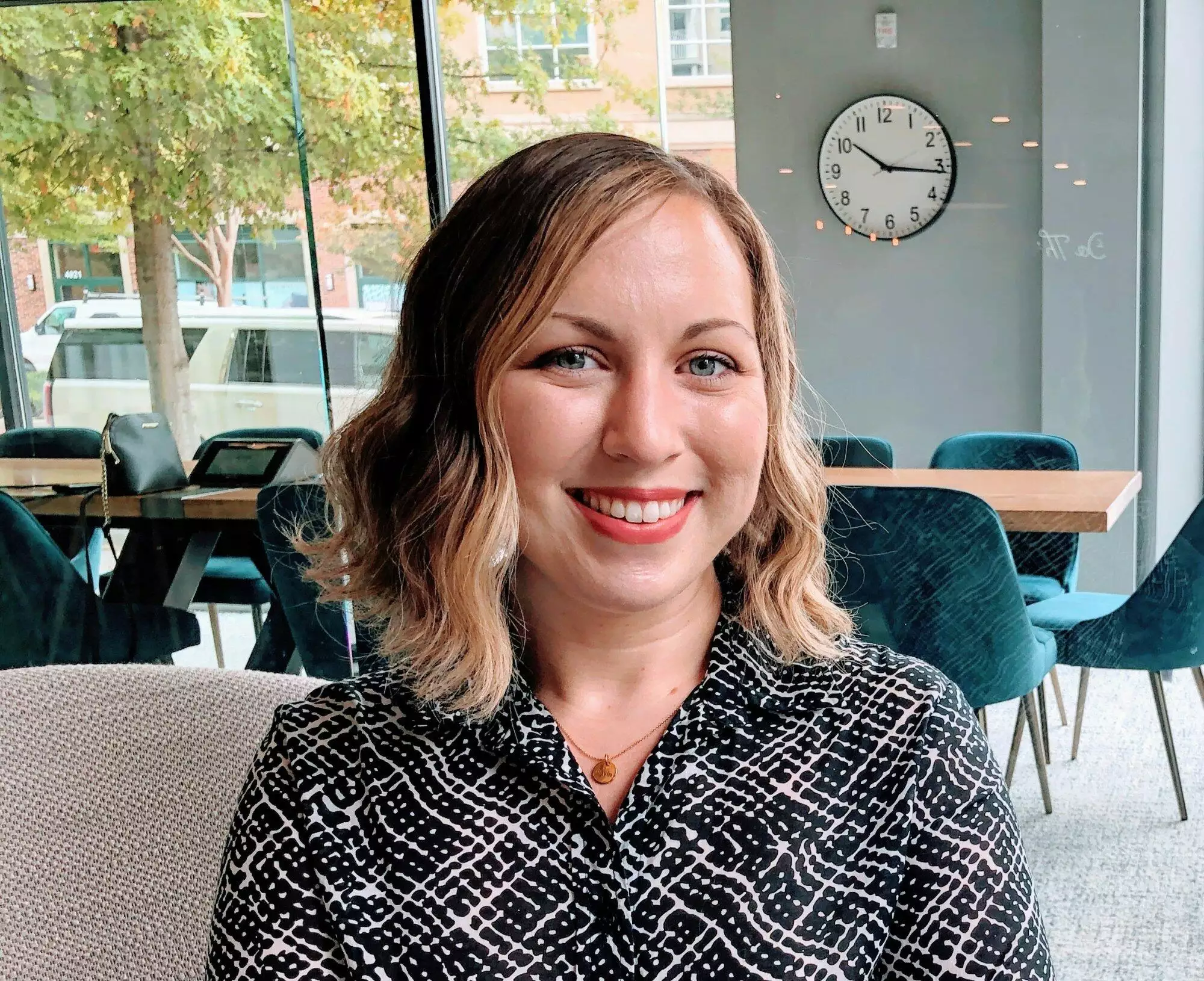Not too long ago a client picked up a copy of my book, Complete Without Kids: An Insider’s Guide to Childfree Living by Choice or by Chance, at the local bookstore. I saw her a couple of weeks later, and she shared with dismay that her teenage son had confiscated the book and was enjoying reading it. She added that she hoped he wouldn’t get any “ideas” from the book, because she is so much looking forward to being a grandmother. I didn’t really know how to respond to her comments. Was I supposed to apologize for writing a book that may result in a young person realizing that becoming a parent is a choice, and that his life can be full and rich with or without children? Later, in reflecting on the incident, I realized that there have been other times when I’ve felt a similar awkwardness. It’s always been around women, usually friends and relatives who have teenagers or young adult children. It doesn’t matter if the children are male or female, the key is that they are potential grandchildren-makers, and grandma wannabes don’t want anything to get in the way of this happening.
My personal tendency is to feel like I should keep my mouth shut about my book and any discussion of the subject of a potential life without kids, because to do otherwise might damage my relationship with my friend or relative.
There is increasing friction between childfree adults and parents, and this is coming from both sides. On one hand, adults without kids are suddenly starting to speak out, to question why they are being discriminated against in the work place and why they don’t get tax breaks, when they’re the segment of society that utilizes the least number of services supported by our taxes. Some are asking for childfree seating areas on airplanes and for parents to take responsibility for keeping their children quiet so that others on the plane are not disturbed.
Parents with screaming children are wondering what’s happened to the tolerant, and usually compassionate passengers in the row behind them. Parents are in turn speaking out in response to childfree adults. Some parents take the proclamation by a childfree adult that he or she is happy with this choice as criticism for their own decision to become a parent. And when those of us who don’t have kids use the term childfree, as opposed to childless, this is further taken as a criticism.
The tension between parents and childfree women has extended to the media. English journalist Polly Vernon received hate mail when she wrote, “I don’t want children.” Keep in mind that she never said, “I don’t like children,” so it’s not clear why anyone felt threatened by her remark. My guess is that when a woman says that she does not want to have children, this causes all women to question themselves. Many are probably saying to themselves, “You mean, I had a choice? I thought I had to become a mom.” Others simply feel criticized, as if their role as a mother, said to be the most important and most fulfilling thing a woman does in her life is perhaps not so.
What About Friction Between Childfree Men and Fathers?
The friction that exists between moms and childfree women does not exist on the same level between childfree men and fathers. Men in our society have much more broadly defined life roles, and being a dad is just one of these. They’re much more focused on their careers and even their hobbies than mothers tend to be, and so they have more in common with men who don’t have children than mothers do with childfree women. Some mothers may feel threatened by their husband’s childfree friends, because of the freedom they have in their schedules, the extra financial resources. They may worry that their husbands will yearn for this less demanding lifestyle.
How Can Parents and Childfree Adults Better Understand and Appreciate Their Differences – and Even Celebrate Each Other?
It is possible for parents and childfree adults to better understand and appreciate their differences, and to even celebrate one another. A starting place is to simply allow for a variety of lifestyles, without judgment that one way of living is superior to another. Listen, and take time to understand how and why particular life choices were made. The reality is that we’re not all that different after all.
It’s also helpful for us to spend time in each other’s worlds, and to recognize that there are positives and negatives with each. Make an effort to resist thinking that the grass is greener on the other side.
If you’re childfree, take time to thank your friends who are committed parents for their dedication, and if you’re a parent, take time to thank your friends who are childfree for what they are able to give to society as a result of not having parenting responsibilities.
—
Dr. Walker is a licensed clinical psychologist born and raised in Jackson, Mississippi. Recognizing that there is no one type of childfree adult, Walker guides clients through the positive and negative aspects of childfree living, taking into consideration the different issues faced by men or women, couples or singles, whether gay or straight. She received her Ph.D. in Clinical Psychology from Seattle Pacific University and has a clinical practice in Bellingham, Washington. Visit her at completewithoutkids.com





